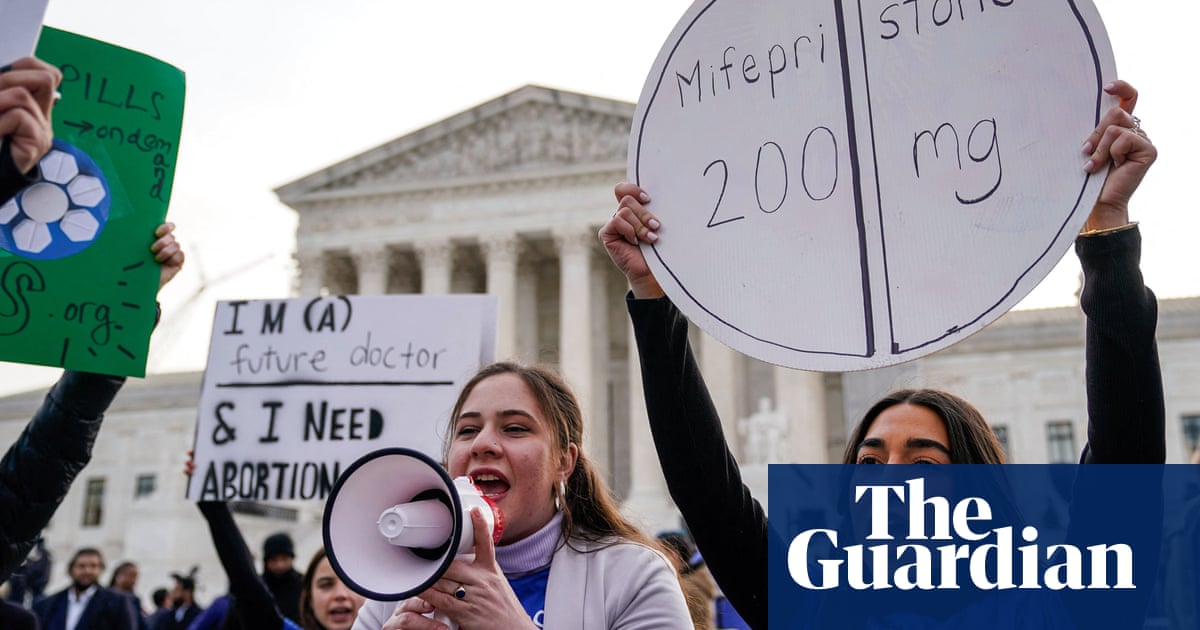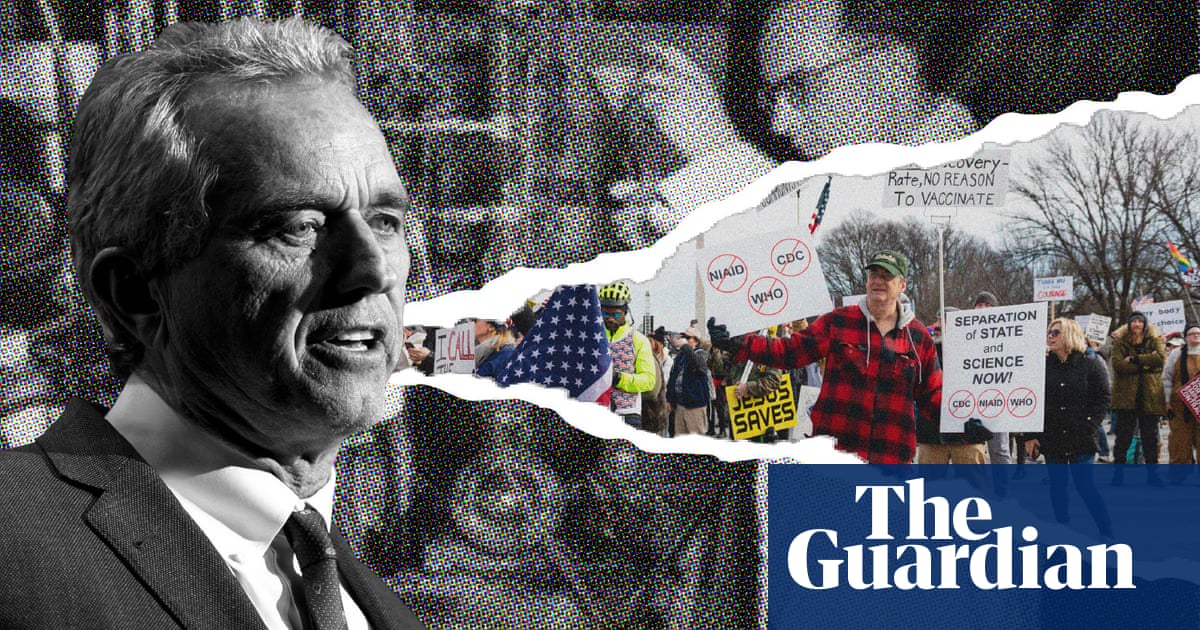People in Gaza have been pushed “beyond breaking point” with families, widows and children enduring “almost unparalleled suffering”, according to the secretary general of the Norwegian Refugee Council.
Jan Egeland visited Gaza this week and found “scene after scene of absolute despair”, with families torn apart and unable to bury relatives who had died. He said that Israel, with western-supplied arms, had “rendered the densely populated area uninhabitable”.
“This is in no way a lawful response, a targeted operation of ‘self-defence’ to dismantle armed groups, or warfare consistent with humanitarian law,” he said.
“The families, widows and children I have spoken to are enduring suffering almost unparalleled to anywhere in recent history,” he added. “There is no possible justification for continued war and destruction.”
Nearly two million people have been internally displaced in Gaza, according to the latest estimates from the UN relief agency for Palestinian refugees (Unrwa), and the population faces widespread shortages of food, water and medicine.
Families are still forced to move from one area to another. Areas designated by Israeli forces for evacuation and forcible relocation now cover 80% of Gaza. Palestinians are thus restricted to 20% of the strip and an Israeli brigadier general said this week that there was no intention of allowing people to return to their homes. Experts in humanitarian law have said that such actions amount to the war crime of forcible transfer.
In northern Gaza, a month-long renewed offensive and tightened siege has led to desperate conditions, with an estimated 100,000 people completely cut off from humanitarian aid.
The UN has condemned the “unlawful interference with humanitarian assistance and orders that are leading to forced displacement”.
Most aid remains blocked from leaving crossing points due to insecurity, active hostilities and widespread destruction. An average of 36 trucks a day crossed into Gaza in October, marking the lowest rate for a year.
Egeland, a humanitarian leader, former foreign minister and diplomat in Norway, said he witnessed “the catastrophic impact of strangled aid flows”; adding that people had gone for days without food and drinking water was nowhere to be found.
“There has not been a single week since the start of this war when sufficient aid was delivered in Gaza,” he said.
Last week, Israel’s parliament passed bills banning Unrwa from operating in Israel and the Palestinian territories, designating it a terror organisation, and cutting all ties between the UN agency and the Israeli government.
Egeland said the situation in Gaza was “deadly” for all Palestinians, aid workers and journalists. He said that to prevent tens of thousands of lives being lost, there should be an immediate ceasefire, the release of hostages and the start of a peace process.
“Those in power on all sides act with impunity, while millions across Gaza and the region pay a terrible price,” he said. “Humanitarians can speak out on what we are seeing, but only those in power can end this nightmare.”

.png) 2 months ago
16
2 months ago
16













































